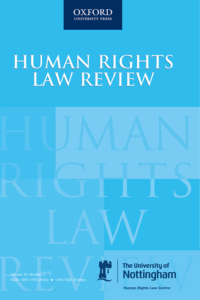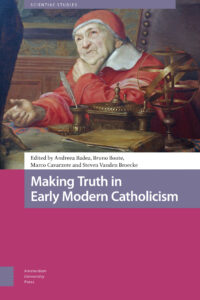Abstract
The European Court of Human Rights increasingly deals with migrants’ complaints about destitution in their host state under Article 3 of the European Convention on Human Rights (the prohibition of inhuman and degrading treatment). This case law has been criticized for not being consistent and/or for not providing migrants with enough protection. Based on a systematic case law search, in this article, I analyse Article 3 case law on migrants’ destitution from a new perspective: the concept of freedom as non-domination, as developed in (neo) republican theory. It will argue that, seen through this lens, many tendencies in the Court’s case law can be explained and constructed as consistent, and it is submitted that in this way the Court does provide migrants with important protection against unfreedom. Nevertheless, I also argue in the article that the case law could be improved in a number of ways in order to provide more effective and robust protection against domination.
Available as open access publication
About the author
Lieneke Slingenberg is Associate-Professor and head of the Section Migration Law at the Vrije Universiteit Amsterdam. She received her LL.M. in International Law and Constitutional and Administrative Law in 2005 (cum laude) and her PhD in 2012, both at the Vrije Universiteit Amsterdam. From February to June 2018 she was a fellow at the Netherlands Institute for Advanced Study in the Humanities and Social Sciences (NIAS-KNAW). In 2018 she was awarded a Veni grant by the Netherlands Organization for Scientific Research (NWO) for her research project entitled ‘Human Rights Law, Non-Domination and Spatial Restrictions for Refugees’.
Lieneke is involved in (bachelor- and master) courses on migration law and human rights and offers on a regular basis training courses for professionals in the field of migration law. In her research she focuses on the intersections between social security law and migration law, in particular on the social rights of irregular migrants, asylum seekers and refugees



